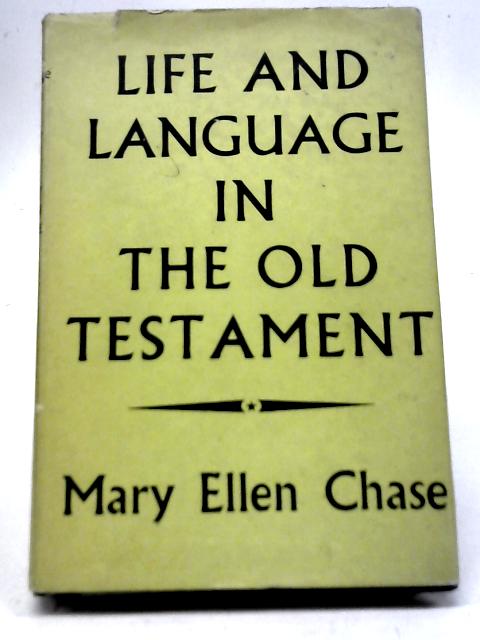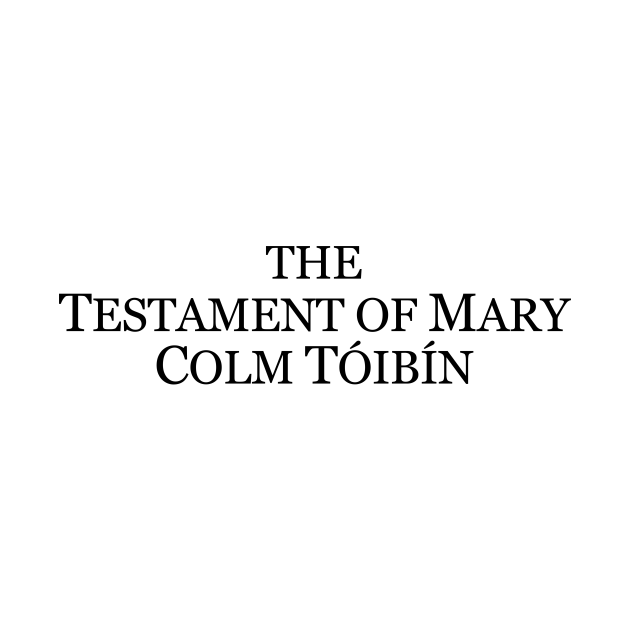


And despite a brief, lovely dream she had while on the run in those first, terrible days following the crucifixion despite the revisionist history put forth by these foolish and idealistic men, she knows - believes - that her son is still dead. Her truth? She fled, and her son died on the cross. She may have never seen her son die, and she certainly never held his broken body afterwards - contrary to what her son's friends now encourage her to "remember." In these final years of her life, Mary wishes to tell only the truth, despite what her son's friends want her to say. And Mary, who has stood at the foot of the cross for as long as she feels she can without being arrested herself, decides to flee.

Hearing Jesus speak differently, using an altered tone to his adoring crowd of hangers-on than to her, Mary realizes that her son truly believes what the others say about him - that he is the Messiah.įearing for his life and for her own, she (quite sensibly) begs him to desist this activity, these "miracles" - but he does not, and he is arrested and crucified. Tóibín imagines Mary as a worried, frightened mother who has seen her son choose foolish and insecure men for friends. Gobbled this intriguing little novella in an hour.


 0 kommentar(er)
0 kommentar(er)
